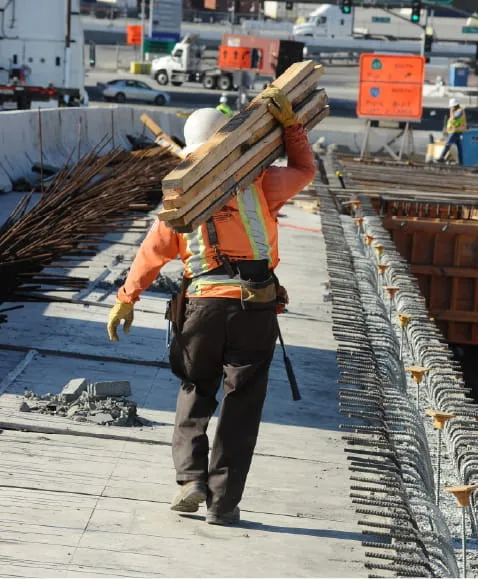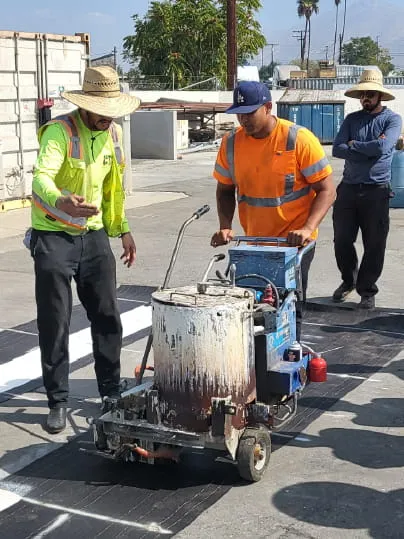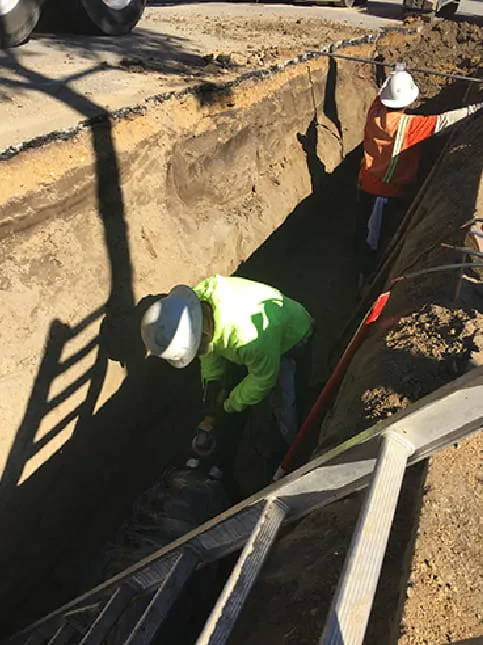The Alternative Dispute Resolution (ADR) Program is a game-changer for unionized employers and workers. Simply put, it's a quicker, smoother way to resolve a claim after a work-related injury. Imagine getting a resolution without the usual wait or hassle. Plus, there's always an Ombudsperson to help. And if things get tricky? Mediators and arbitrators step in to ensure everything is fair, without the stress of lengthy legal battles. Here are the top benefits of the ADR Program:
Access to high-quality medical care
Fast payouts to employees with work-related injury claims
Immediate help from an ombudsperson
Free access to aid and professional counsel
A superior approach to settling disputes regarding work-related claims

ADR methods offer quicker outcomes than traditional court proceedings, saving valuable time for all parties involved.
Processes involves fewer expenses, such as legal fees and court costs, making them a more economical choice for resolving disputes.
Allows parties to tailor proceedings to their unique needs, enabling a customized approach that can lead to more satisfactory outcomes.
Ensures privacy and confidentiality. Disputes are resolved outside the public eye, safeguarding sensitive information from exposure.
ADR provides neutral mediators or arbitrators, fostering a fair environment where both sides have an equal chance to be heard.
ADR leads to a less confrontational process that helps maintain relationships and minimize hostility.
When a Union member gets hurt, they can quickly see a doctor and get quality care. They also have someone called an ombudsperson to talk to right away. This person is there to help and guide them for free. Sometimes, with the traditional system, people waited a long time for treatment, leading to fights and even legal battles.
The ombudsperson's job is to speed things up. They make sure injured workers get their treatments and benefits fast, and they keep an eye on everything. If problems come up, they step in before it gets worse. When workers return to their jobs sooner, they don't lose as much pay. It also helps employers save money on insurance costs in the long run.


An injured worker can reach out to an ombudsperson. This individual, employed by the Southern California Laborers Health & Welfare trust, is available to clarify doubts, answer questions, and convey vital details to the insurance provider.
Under the ADR system, employees choose their healthcare providers from a list endorsed by the Trust. This list encompasses various medical specialties, ensuring swift authorization for the required treatments.
With ADR, instead of using the state's usual way to sort out disagreements, workers and employers follow the rules set up by this ADR program. If there's a problem the ombudsperson can't fix, you can have a chat with a mediator. If that doesn't work, you can take it to a trial with an arbitrator, who is often an experienced, retired workers’ compensation judge. If you don't like the arbitrator's decision, you can still complain to the Workers' Compensation Appeals Board in San Francisco.
Nope! Your benefits won't go below what's promised by the employment laws.
Only companies that have signed up for ADR workers compensation and their workers in Union crafts with an ADR program can use it.
Do you have questions about the ADR Program? Let's chat! Schedule a call at a time that suits you, and we'll guide you through every detail.